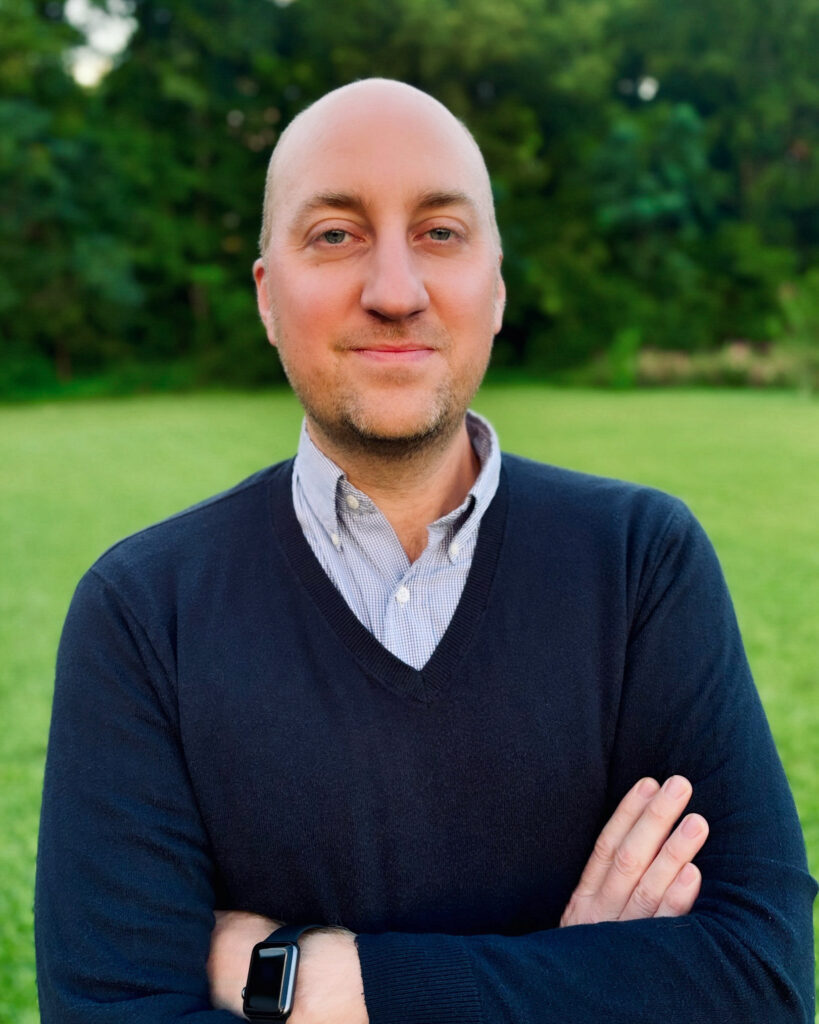Wayne Community College English Instructor Dean Tuck has written a novel, Twinless Twin, that was selected as the recipient of the James Alan McPherson Prize for the Novel by the Association of Writers and Writing Programs (AWP).
The AWP recently announced that Tuck’s book was chosen by National Book Award Winner Jason Mott among several hundred novels submitted for the prize. The University of Nebraska Press will be publishing Twinless Twin in 2025, and Tuck is invited to read from his novel at the 2026 AWP conference.

Tuck has also had recent publications in other literary journals this year. A chapter from his novel, “Before Crossing the Desert,” was published in Alaska Quarterly Review. His poems “Parking Meter” and “Grandaddy, a Mystery” were published by Rattle, and his short story “Cicatrix” was published by Ohio State University’s literary journal, The Journal.
The first chapter of Twinless Twin and more of Tuck’s writing can be found at www.deanmarshalltuck.com.
Tuck teaches creative writing at WCC and co-edits the College’s creative writing and art magazine, Renaissance. He also serves on the editorial board of ECU’s literary journal North Carolina Literary Review.
About the AWP
The AWP is a nonprofit organization that provides support, advocacy, resources, and community to writers, college and university creative writing programs, and writing organizations, [with a mission] to amplify the voices of writers and the academic programs and organizations that serve them while championing diversity and excellence in creative writing.
About Wayne Community College
Wayne Community College is a public, learning-centered institution with an open-door admission policy located in Goldsboro, N.C. As it works to develop a highly skilled and competitive workforce, the college serves around 10,000 individuals annually as well as businesses, industry, and community organizations with high quality, affordable, accessible learning opportunities, including more than 150 college credit programs. WCC’s mission is to meet the educational, training, and cultural needs of the communities it serves.

